Business forum opens in winter resort
Mt. Kopaonik is hosting a business forum, which this year looks at Serbia after the crisis, and its positioning in the global economy emerging from the crisis.
Tuesday, 09.03.2010.
12:34

Mt. Kopaonik is hosting a business forum, which this year looks at Serbia after the crisis, and its positioning in the global economy emerging from the crisis. Prime Minister Mirko Cvetkovic opened the three-day event on Tuesday, saying that Serbia in 2009 recorded a GDP drop of under three percent, although initial prognoses said that the figure would be as high as 4.5 percent. Business forum opens in winter resort He said that the drop ranged from 2.7 to 2.9 percent, and added that "what is often being If you overlook what people feel personally and take everything down to statistics, then you arrive at some surprising data," said Cvetkovic. The prime minister explained that last year, compared to 2008, salaries went up 0.2 percent. But he also noted there were "no reliable indications on the basis of which it would be possible to claim that Serbia is already out of the crisis", claiming however there is reason for optimism. Cvetkovic underlined that the main challenges in 2010 will be prevention of further rises in unemployment, increase of domestic demand and macroeconomic stability, with the focus on inflation and foreign exchange rate. The prime minister underscored that the government's objectives in 2010 will be growth of economic activity, stability of domestic currency, reduction of public expenditure, preservation of social security, continuation of reforms in the public sector, acceptance of European standards and fight against corruption and crime. Cvetkovic pointed to certain encouraging facts - increase of industrial growth by 3.7 percent at the beginning of January, 31 percent export rise in the first two months of the year and 1.5 percent increase of composite index of leading, all of which, as he noted, signals GDP growth. According to the prime minister, negative signals are lower budget revenues than planned for the first two months, drop in domestic demand and three-percent decrease of imports in January and February. According to the organizers’ announcements, more than 80 speakers will take part in the gathering, among them ministers in the Serbian government, representatives of state institutions and for the first time ambassadors of several countries, incliuding Russia, U.S. and Germany. Other numerous representatives of academic community, banks, domestic and foreign companies doing business in Serbia, Chamber of Commerce of Serbia and World Bank will participate in the work of the event dubbed " the Serbian Davos”. One topic that is certain to be emphasized by the business community as they debate with representatives of the government and the National Bank of Serbia (NBS) will be the volatile exchange rate of the Serbia dinar (RSD). NBS Governor Radovan Jelasic predicts that the dinar should become stronger during the year, if Serbia adhered to the agreement – worth EUR 2.9bn and obligating Serbia to freeze budget-paid salaries and pensions – the country has with the International Monetary Fund (IMF). The main topic of talks with the IMF representatives in May will be wages and pensions, "after they are unfrozen". “As far as further movement goes, what happens with direct foreign investments will be crucial, as well as the hard currency inflow to Serbia. Of course, in the mid-term, current spending will be a key issue, because economic categories such as pensions and earnings should not by any means be solely political, but it would be important to see where this will be financed from if it is suggested that one or the other category is increased. It would be good to finance the increase of domestic spending from real income, and not from loans,” Jelasic said. Meanwhile, dinar today, for the fifth day in a row, lost ground against the euro, with today's official mean rate at RSD 99.84. Mirko Cvetkovic opens the conference (Tanjug)
Business forum opens in winter resort
He said that the drop ranged from 2.7 to 2.9 percent, and added that "what is often beingIf you overlook what people feel personally and take everything down to statistics, then you arrive at some surprising data," said Cvetković.
The prime minister explained that last year, compared to 2008, salaries went up 0.2 percent.
But he also noted there were "no reliable indications on the basis of which it would be possible to claim that Serbia is already out of the crisis", claiming however there is reason for optimism.
Cvetković underlined that the main challenges in 2010 will be prevention of further rises in unemployment, increase of domestic demand and macroeconomic stability, with the focus on inflation and foreign exchange rate.
The prime minister underscored that the government's objectives in 2010 will be growth of economic activity, stability of domestic currency, reduction of public expenditure, preservation of social security, continuation of reforms in the public sector, acceptance of European standards and fight against corruption and crime.
Cvetković pointed to certain encouraging facts - increase of industrial growth by 3.7 percent at the beginning of January, 31 percent export rise in the first two months of the year and 1.5 percent increase of composite index of leading, all of which, as he noted, signals GDP growth.
According to the prime minister, negative signals are lower budget revenues than planned for the first two months, drop in domestic demand and three-percent decrease of imports in January and February.
According to the organizers’ announcements, more than 80 speakers will take part in the gathering, among them ministers in the Serbian government, representatives of state institutions and for the first time ambassadors of several countries, incliuding Russia, U.S. and Germany.
Other numerous representatives of academic community, banks, domestic and foreign companies doing business in Serbia, Chamber of Commerce of Serbia and World Bank will participate in the work of the event dubbed " the Serbian Davos”.
One topic that is certain to be emphasized by the business community as they debate with representatives of the government and the National Bank of Serbia (NBS) will be the volatile exchange rate of the Serbia dinar (RSD).
NBS Governor Radovan Jelašić predicts that the dinar should become stronger during the year, if Serbia adhered to the agreement – worth EUR 2.9bn and obligating Serbia to freeze budget-paid salaries and pensions – the country has with the International Monetary Fund (IMF). The main topic of talks with the IMF representatives in May will be wages and pensions, "after they are unfrozen".
“As far as further movement goes, what happens with direct foreign investments will be crucial, as well as the hard currency inflow to Serbia. Of course, in the mid-term, current spending will be a key issue, because economic categories such as pensions and earnings should not by any means be solely political, but it would be important to see where this will be financed from if it is suggested that one or the other category is increased. It would be good to finance the increase of domestic spending from real income, and not from loans,” Jelašić said.
Meanwhile, dinar today, for the fifth day in a row, lost ground against the euro, with today's official mean rate at RSD 99.84.










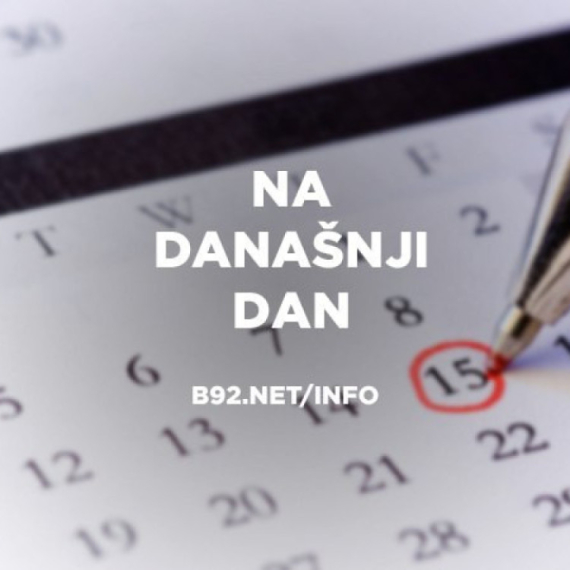
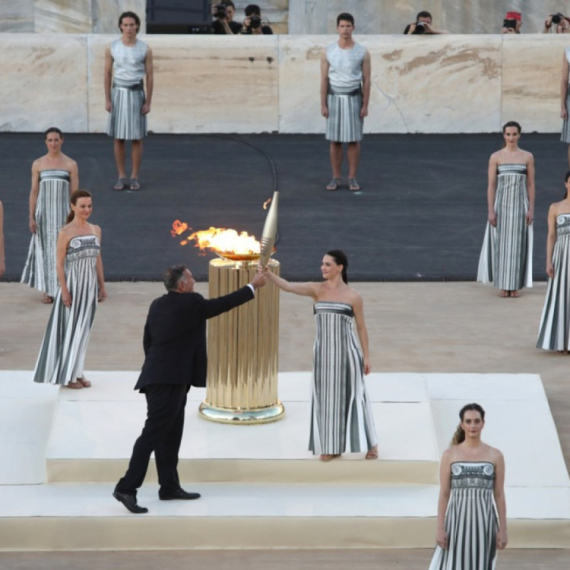
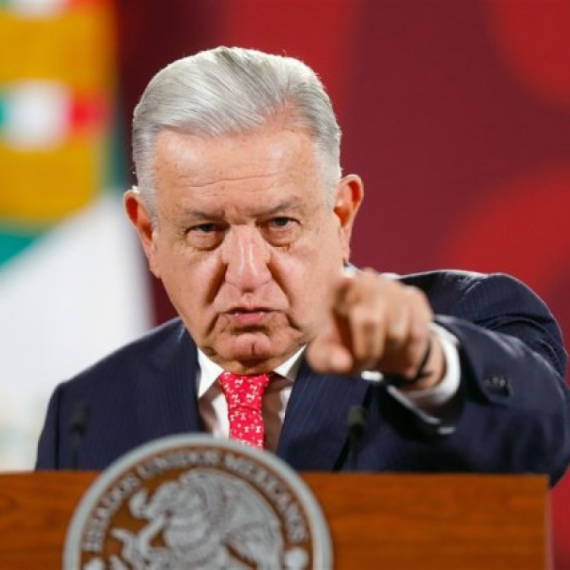


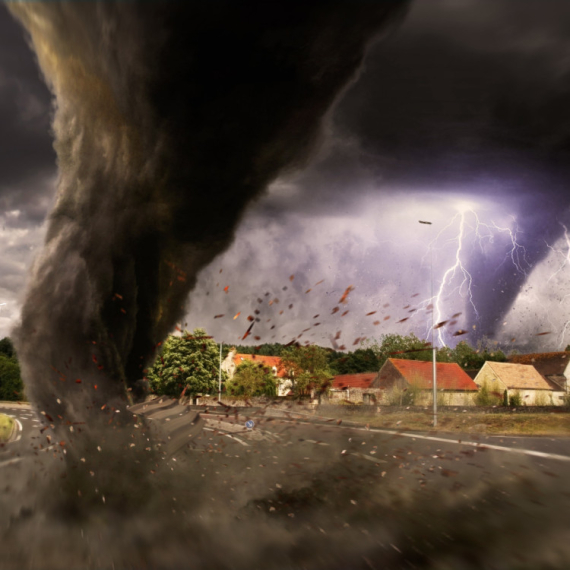
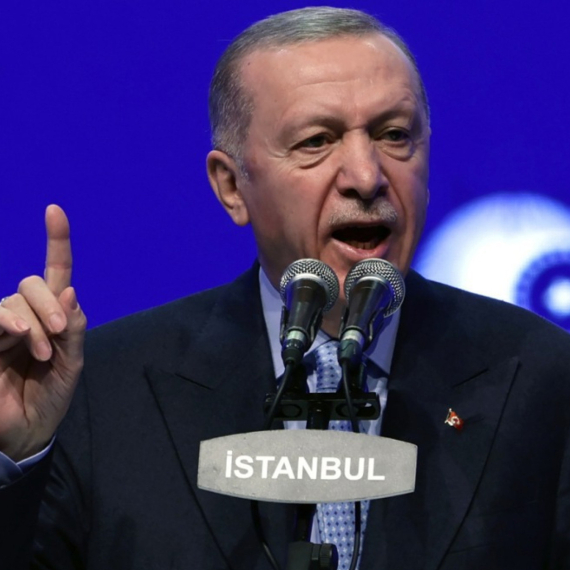

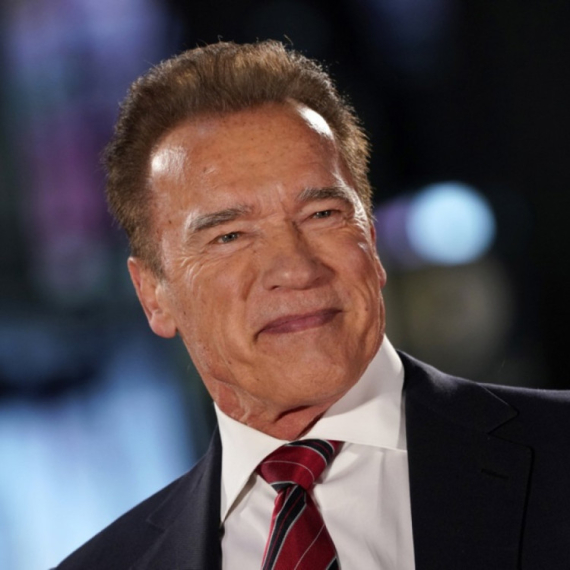
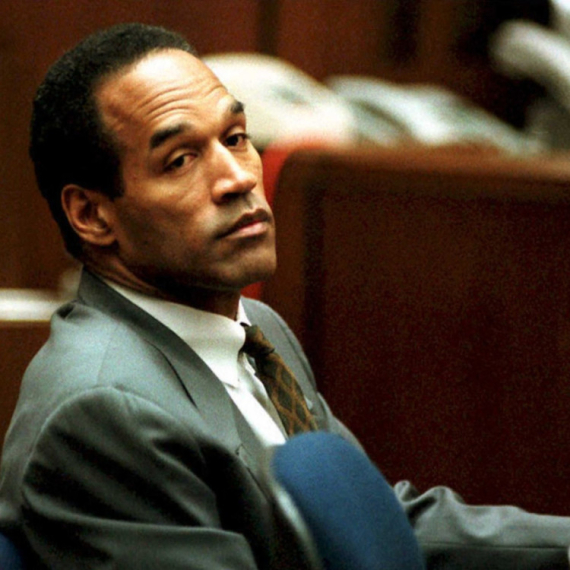
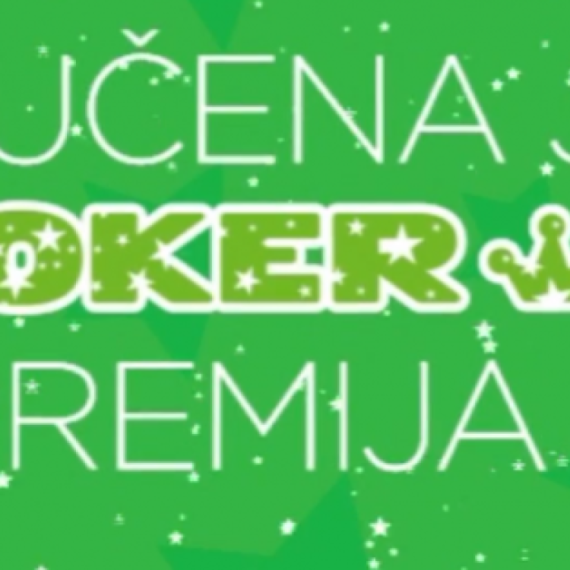
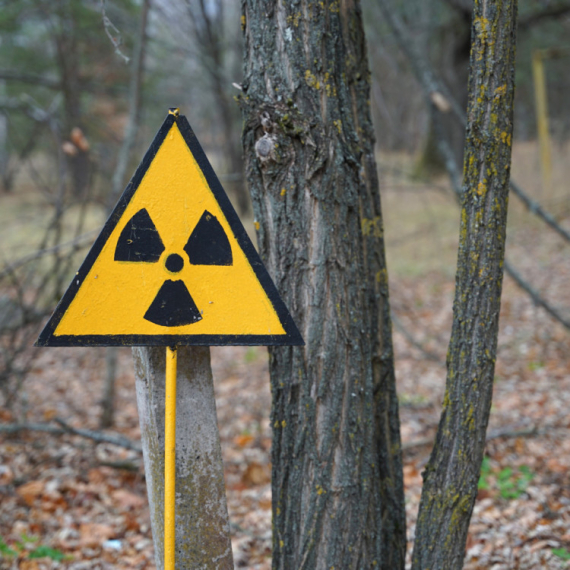




































Komentari 2
Pogledaj komentare